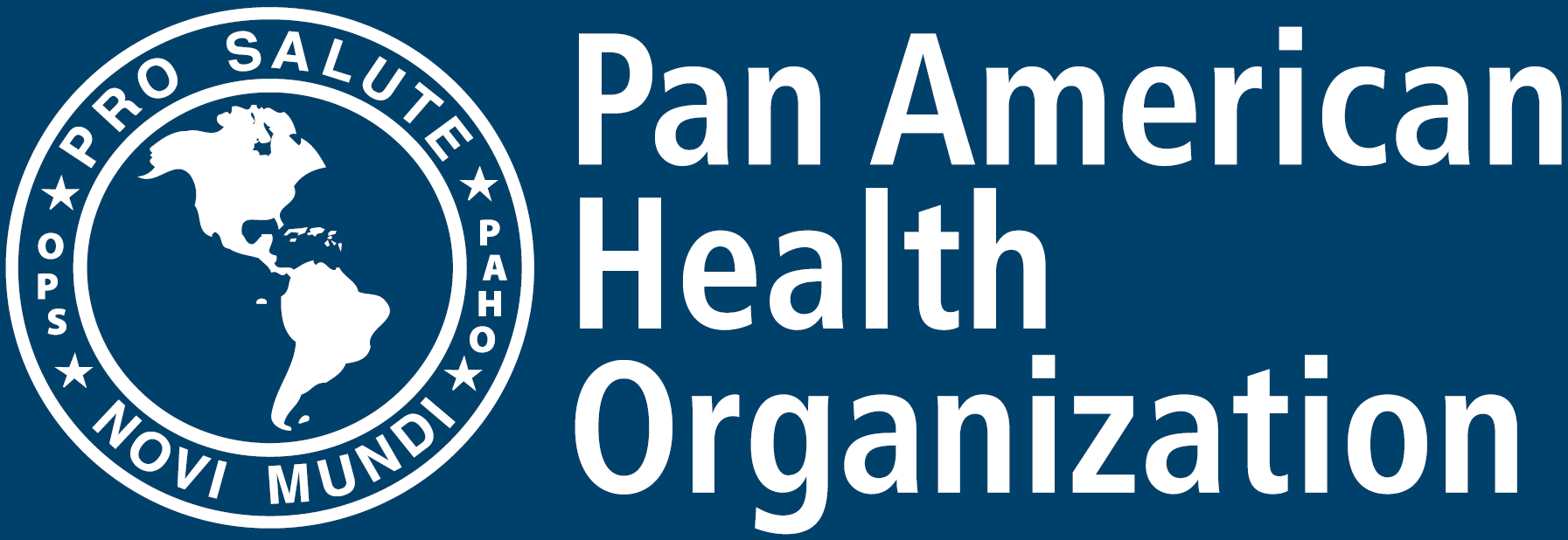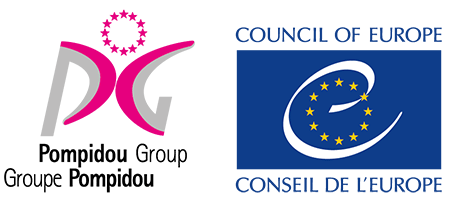This program is dedicated to empowering law enforcement agents and personnel from related agencies with the necessary skills to detect, identify, and investigate synthetic drugs, NPS, and their precursor chemicals. It underscores the critical need for enhanced awareness and specialized expertise in the ever-evolving field of synthetic drugs and precursor chemicals, an area often overshadowed by the focus on natural drugs. This comprehensive training program integrates theoretical lessons with practical exercises.
Between 2022 and 2023, we successfully trained a total of 60 participants from different OAS member states, representing 15 distinct units in each country. Our focus areas included synthetic drugs, NPS, and precursor chemicals. A key outcome of these trainings was the notable enhancement of interagency cooperation. The inclusion of a diverse mix of units facilitated a rich exchange of knowledge and experiences, fostering improved interaction among officers and officials who might not traditionally collaborate.
This cross-unit engagement not only broadened their understanding but also strengthened operational synergies across agencies.
This training course encompasses the following steps:
- Collaborative Topic Identification: In collaboration with country’s counterparts to pinpoint specific topics of high relevance and interest. This ensures the training is tailored to address the most pressing issues in the field of synthetic drugs, NPS, and precursor chemicals.
- Expert Engagement: In collaboration with country’s counterparts, to select in-house speakers with expertise in the country’s drug scene. These presenters provide valuable insights related to current trends and the types of drugs encountered in the country.
- Comprehensive Training Course: This program combines both theoretical and practical learning, covering topics such as: i. Synthetic drugs, including methamphetamine, fentanyl, and MDMA (ecstasy); ii. NPS, such as synthetic cannabinoids, ketamine, and plant based NPS; iii. Alternate approaches for the control of NPS; iv. Drugs from natural sources, namely cocaine and cannabis; v. Precursor chemicals: properties, characteristics, illicit manufacture of drugs, licit uses, administrative and operational control. To assess the participants' knowledge and the effectiveness of the training, pre- and post-test exams are conducted.
- Final Training Survey: Upon the conclusion of the training, administer a survey to gather feedback from participants. This survey assesses the effectiveness of the training, identifies areas for improvement, and gauges the overall satisfaction of the attendees.
- Ongoing Follow-Up: After the training, establish a follow-up mechanism with counterparts to monitor how the acquired knowledge and skills are being implemented in daily work. This ongoing engagement is essential to evaluate the real-world impact of the training, ensuring that the acquired skills are effectively applied and contribute to operational improvements.
- Enhanced Global Knowledge and Skills: The training is designed to increase the expertise of law enforcement and relevant agencies in addressing synthetic drug threats. It provides insights into international tools and approaches, equipping participants with enhanced knowledge to effectively respond to international organized crime.
- Strengthened International Cooperation: The course is designed to equip national participants with the necessary tools and knowledge for effective collaboration with international organizations and agencies. It focuses on building stronger collaboration and information-sharing networks, enhancing global efforts against synthetic drug-related issues.
- Standardization of Practices: A key outcome is the establishment and dissemination of standardized best practices for synthetic drug detection and investigation. This standardization aims to ensure an effective global approach to addressing these challenges.
- Improved Knowledge and Awareness: The training has improved participants' knowledge and skills in detecting, identifying, and investigating synthetic drugs, NPS, and precursor chemicals. This improvement can be measured quantitatively through pre- and post-training exams.
- Enhanced Operational Effectiveness: The training has increased the effectiveness of synthetic drug enforcement operations. This improvement can be measured through follow-ups with supervisors to assess changes in operational outcomes.
- Strengthened National Coordination: The training has fostered better coordination and collaboration among national law enforcement agents and relevant agencies. This can be assessed through ongoing communication with counterparts and monitoring the efficiency of joint operations post-training.
Ms. Ana Alvarez Project Manager Supply Reduction Unit OAS/CICAD amalvarez [at] oas [dot] org (amalvarez[at]oas[dot]org)




